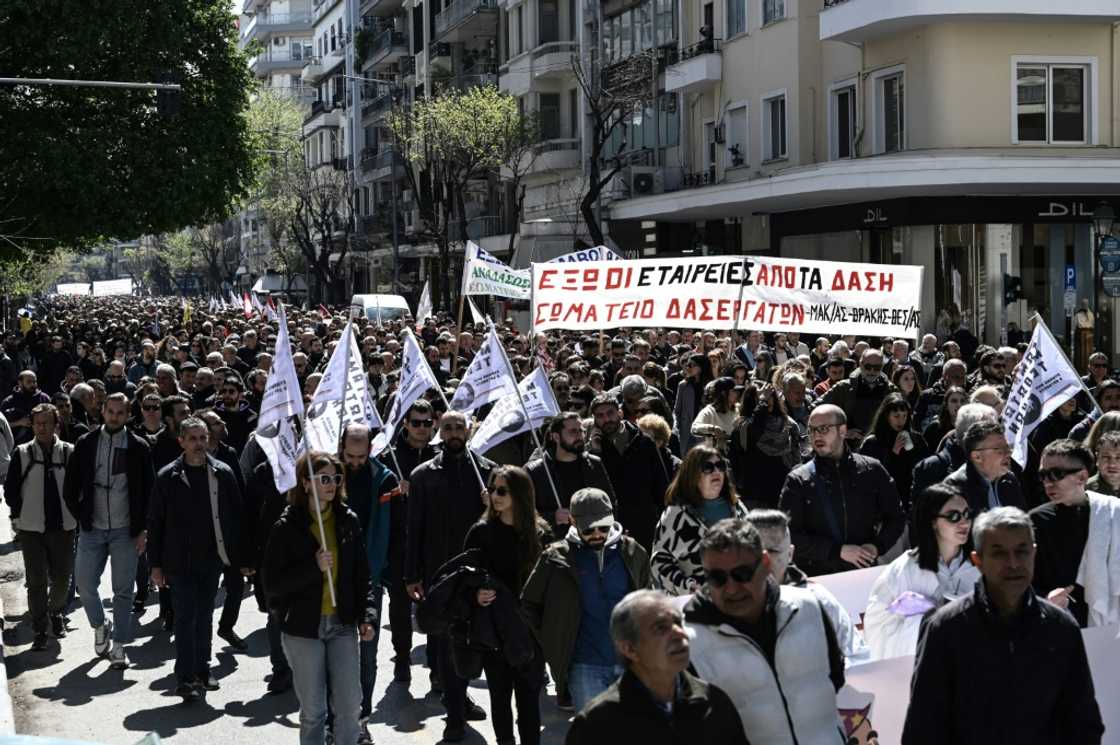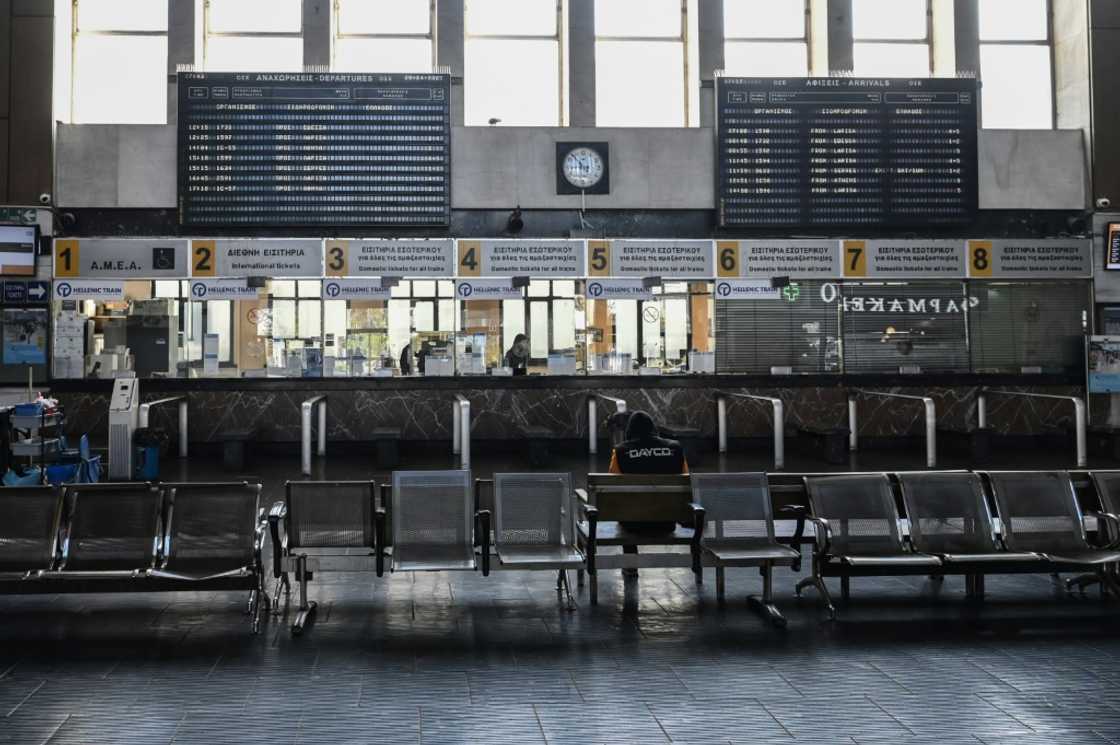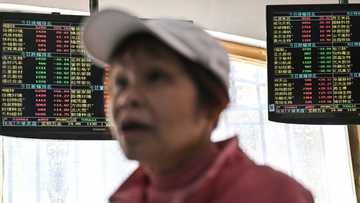Greek general strike hits transport and commerce

Source: AFP
More than 15,000 people took to the streets in Greece on Wednesday in the second 24-hour general strike this year, calling for higher wages to match the rising cost of living.
Transport ground to a halt as air traffic controllers joined the action, while rail and public transport as well as island ferry services were hit.
Schools, courts, banks and public offices were also shut as part of the demonstrations.
The action came as the new sweeping tariffs imposed by US President Donald Trump come into effect. They include a 20-percent levy on the European Union, of which Greece is a member.
In Athens, police said more than 10,000 people gathered near parliament as part of public- and private-sector union action against the conservative government of Prime Minister Kyriakos Mitsotakis.
Protesters shouted "salary increases", "injustice is suffocating us" and "down with New Democracy" -- Mitsotakis's party.
Public sector union ADEDY blamed the "exorbitant prices" on "the cartels that operate freely in the energy sector but also in various products and services".
Increasing housing costs were the result of "anarchic tourist development", it added, pointing the finger at the government.
'10 years of stagnation'
In Greece's second-largest city Thessaloniki, some 5,000 people turned out to protest.
"We can't live decently with these salaries that we receive," shopworker Eleni Iaonnidou, 27, told AFP.
"When we spend nearly 50 percent of our salary on rent, how can we live?"
"My pension is not even enough for 20 days a month," said Kostas Papaioannou, 69. "We're asking for something very simple: to be able to meet the basic needs of our life."
ADEDY said there had been "10 years of stagnation" and that salaries had only increased by four percent this year and one percent last year.
Private sector union GSEE wants the reinstatement of collective agreements cancelled during the financial difficulties of the last decade and "real increases to counter the high cost of living".

Source: AFP
Although Greece saw high economic growth of 2.2 percent last year, salaries remain low despite rising taxes and inflation that hit 3.5 percent in the middle of last year.
Faced with mounting public anger, the government pushed up the minimum wage from to 880 euros ($972) a month from April 1, a 6.4-percent jump from 830 euros.
In February, huge protests marking the second anniversary of Greece's worst rail tragedy turned violent, as masked youths threw petrol bombs and rocks at police, who responded with tear gas and stun grenades.
PAY ATTENTION: Сheck out news that is picked exactly for YOU ➡️ find the “Recommended for you” block on the home page and enjoy!
Source: AFP




